Student protests over government jobs in Bangladesh have spiralled into a full-scale rebellion against the country’s longest-serving prime minister . Ms Hasina, 76, fled to India on 5 August as the unrest spiralled out of control.
However, after the prime minister was ousted, violence continued and even increased. Police went on strike and crowds rampaged across the country until a new interim government led by Nobel Peace Prize winner Muhammad Yunus was sworn in.
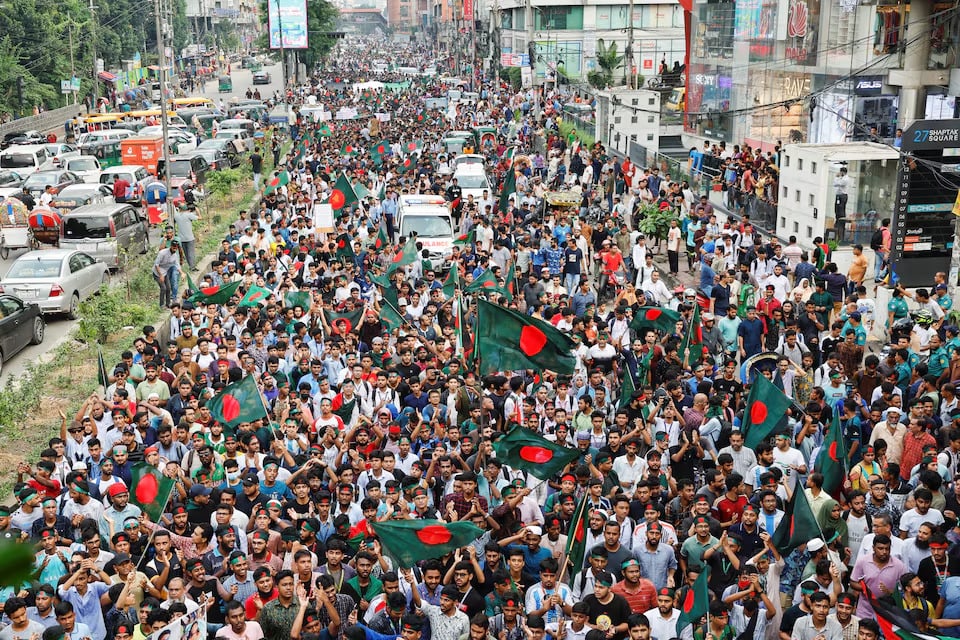
Students march during a protest marking one month of the ouster of Prime Minister Sheikh Hasina in Dhaka, Bangladesh, September 5. Photo: Reuters
What does the interim government focus on?
Since taking office, Mr Yunus has said his main tasks are to restore peace, law and order, fight corruption and prepare for new elections.
His cabinet, which includes two student leaders at the forefront of the protests, has focused on reforming and overhauling Bangladesh's institutions, from the courts and police to the election commission. To do this, it is seeking support from the United Nations Development Programme.
Mr Yunus, a 2006 Nobel Peace Prize winner who pioneered the development of microcredit to help the poor, especially women, asked for patience in his address to the nation. He said his interim government had made every effort to contain the violence and lawlessness that followed Ms Hasina’s ouster.
“I ask everyone to be patient,” he said. “One of our goals is for public institutions to regain public trust.”
The state of "spontaneous justice" in Bangladesh
The violence has largely subsided, and the situation appears to be returning to normal. The streets of Dhaka are no longer a battleground between security forces and students. The internet is back online, and a nationwide curfew with orders to shoot at will has been lifted.
Shops, banks, hotels and restaurants have opened, and police - who had been on strike out of fear for their own safety - have returned to work.
But morale is low. Police are rarely seen on the streets and seem reluctant to deal with the riots because of the memory of the crackdown on students. Dozens of police have been killed in the riots, and their police stations have been burned and looted.
Another challenge is reviving the economy, which was disrupted by weeks of lockdowns during the uprising, sending prices of food and goods soaring.
Meanwhile, unrest continues. Garment workers demanding higher wages have forced about 100 factories to close. Tensions are simmering, with persistent and widespread anger against Ms. Hasina and her Awami League.
Ms Hasina, who is in exile, faces murder charges in more than 100 cases. Key officials seen as close to her have resigned following mass protests.
Numerous cases have also been reported against people associated with Ms Hasina, her party or her government, from former ministers and judges to journalists and even a prominent cricketer. They have been attacked, prevented from leaving the country and even jailed.
Zillur Rahman, executive director of the Centre for Governance Studies, a Dhaka-based think tank, said most of the cases were legally weak and politically motivated. He said this form of “homegrown justice” raised concerns that “the system that Ms. Hasina upheld is still there, only the victims have changed.”
What are Bangladeshi students doing?
Within a week of Prime Minister Hasina's ouster, students opposed to her had taken to traffic in the capital, Dhaka. Some schools and universities had reopened, including Dhaka University, which had become the focus of anti-Hasina protests.
Speaking in a statement marking the anniversary of the fall, Mr Yunus urged students to continue their studies. "Schools, colleges and universities have reopened and I encourage you to return to class. A highly educated and competent generation is essential to ensure the gains of the revolution."
However, things are not back to normal yet. Many school principals have been forced to resign. In some cases, although classes have officially reopened, there are still very few students attending.
Meanwhile, many students remain optimistic about the potential of the caretaker government. Sneha Akter, a student at Dhaka University, believes that removing the previous rulers is the first step. “By replacing them, we are correcting the mistakes of the past,” she said. “You can’t change the whole country in a month… We need to give the government some time.”
“There are those who believe that the caretaker government led by Mr Yunus should remain in power until meaningful reforms are enacted, whether it takes three months, three years or even six years,” said Hafizur Rahman, another student at Dhaka University.
What happens next?
The biggest question is: When will new elections be held? Some experts say the interim government does not have the authority to enact major reforms and should focus on building consensus among political parties on reforms.
Mr Yunus is counting on the support he receives from young people in the country, but Michael Kugelman, director of the Wilson Center’s South Asia Institute, said that support could soon run out. “If security continues to be a problem and economic relief is slow … young people could become impatient and anxious,” Mr Kugelman said.
Ms Hasina's main opposition - the Bangladesh Nationalist Party (BNP) - is seen as having the best chance of winning the election and is pushing for an early vote.
“That raises a troubling question: What happens if the BNP, which has no formal role in the interim government, doesn’t win the election it wants?” Kugelman said. “Will it launch a movement? Will it cause unrest?”
Hoai Phuong (according to AP, Reuters)
Source: https://www.congluan.vn/tinh-hinh-bangladesh-sau-khi-sinh-vien-lat-do-thu-tuong-hien-the-nao-post310873.html


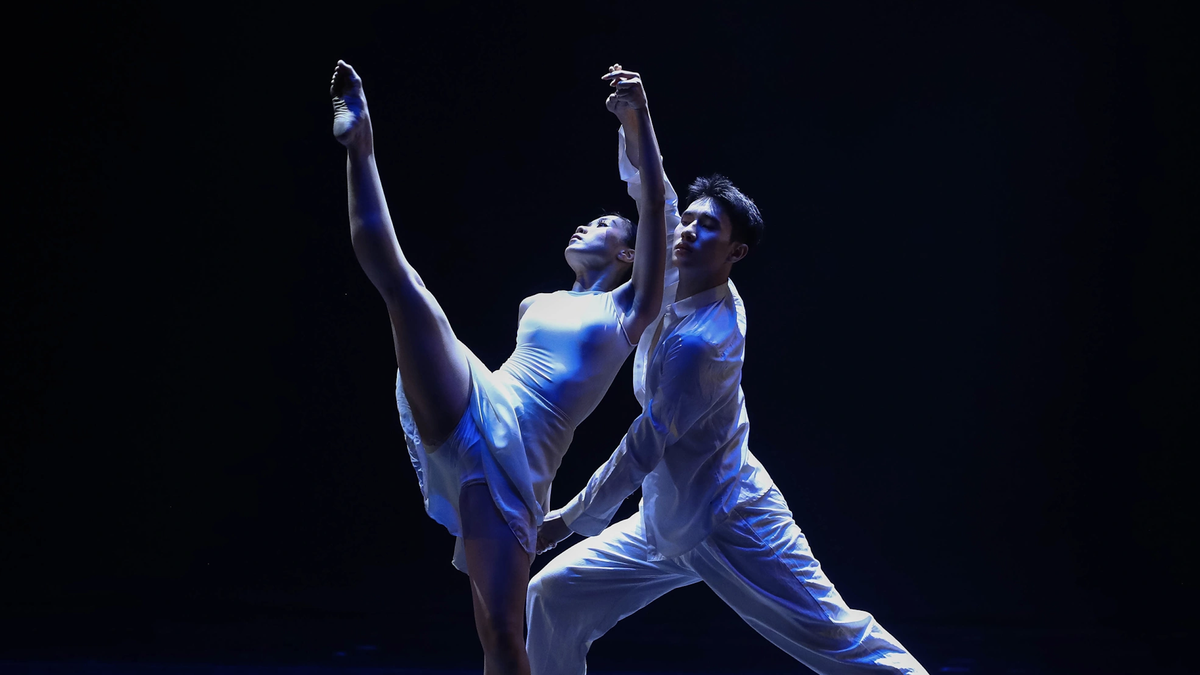

![[Photo] Nearly 3,000 students moved by stories about soldiers](https://vphoto.vietnam.vn/thumb/1200x675/vietnam/resource/IMAGE/2025/5/17/21da57c8241e42438b423eaa37215e0e)








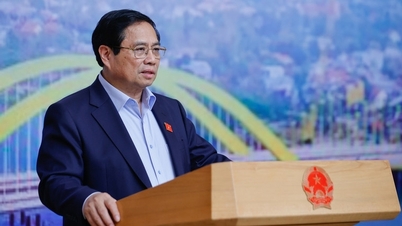


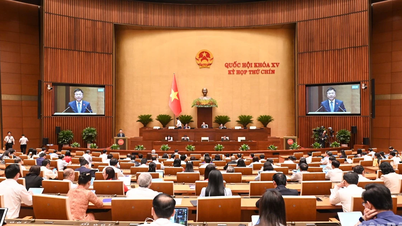

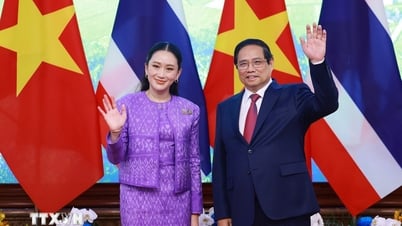

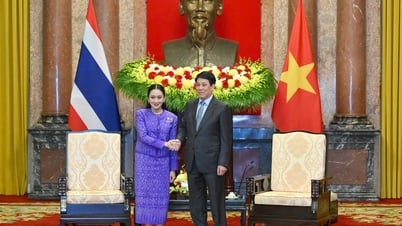
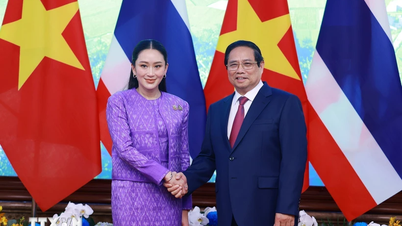
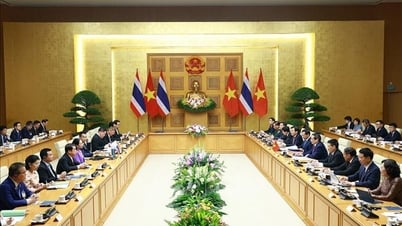

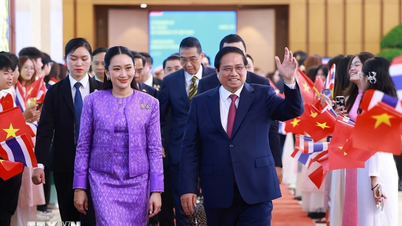

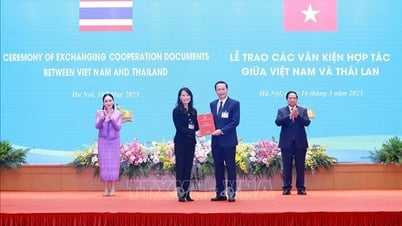



























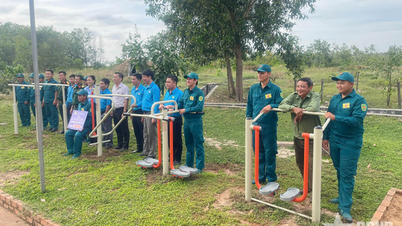












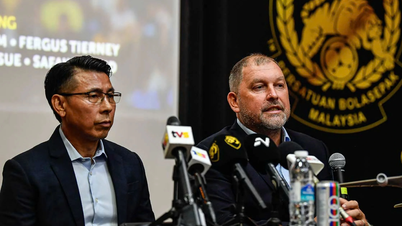
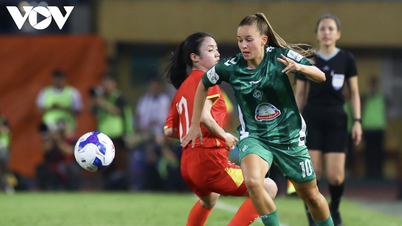

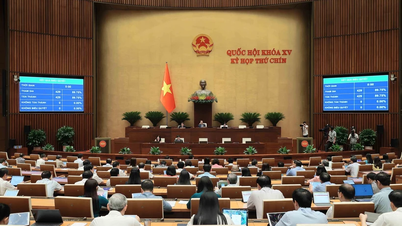







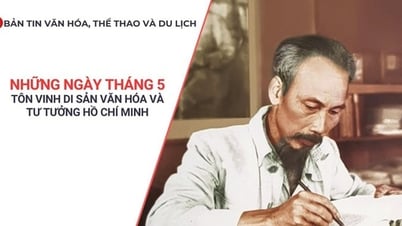

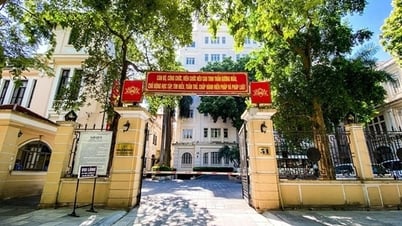


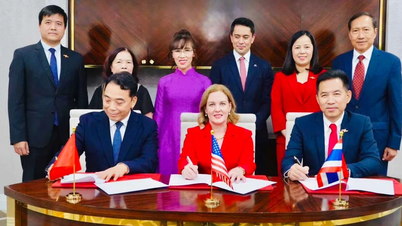

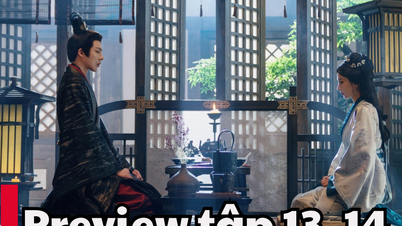



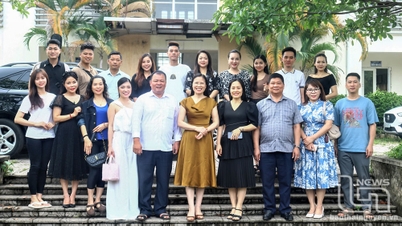

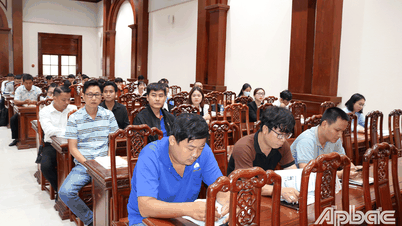

![[Infographic] Numbers about the 2025 High School Graduation Exam in Dong Thap Province](https://vphoto.vietnam.vn/thumb/402x226/vietnam/resource/IMAGE/2025/5/17/c6e481df97c94ff28d740cc2f26ebbdc)










Comment (0)